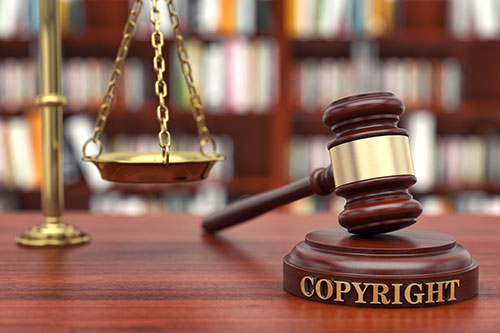Introduction
The United Arab Emirates is a leading global hub, attracting investors and providing upcoming startups with an encouraging regulatory climate to grow within. As such, applications for intellectual property protection have risen steadily with both incumbents and new aspirants seeking to protect their ideas from replication and exploitation by competitors. As an upcoming startup, making the right decision regarding the protection of your brand identity must seem like a swamp that you are engulfed in. It may be more beneficial for a start-up to opt to copyright its idea rather than trademark it.
Trademarks in UAE
Trademarks are legal rights designed to protect brand identities, often through protection of the name, or logo. It could be any marker by which a customer registers the product or its source (such as the iconic bitten apple of Apple Inc., or the typography of the Calvin Klein logo). Typical trademarks include wordmarks (the name of the brand for example), logos and slogans. Trademark law is rooted in Federal Law Number 37 of 1992, which was then amended by Federal Law No. 8 of 2002. The Ministry of Economy is the competent authority for the registration of trademarks, and the same may be done online via the Ministry’s website, by any national/foreigner person/legal person practising any commercial/industrial/professional/service business in the UAE, provided the following information/documents are made available –
- Trademark logo
- A copy of the commercial licence
- Power of Attorney
- Priority document
- Passport copy
- Class or class(s) in which registration is applied for
- Payment of relevant fee(s)
- Other attachments.
Copyrights in UAE
Copyright is the right of the creators over their literary or artistic works. It is governed under Federal Law Number 7 of 2002 concerning Copyrights Law as amended by Federal Law No. 32 of 2006 (Copyright Law). The following is a non-exhaustive list of works which may be protected under Copyright –
- Books, booklets, articles and other literature
- Computer software and applications, databases and similar works defined in a decision to be issued by the Ministry of Economy
- Lectures, speeches, sermons and other works of similar nature
- Plays, musicals and pantomimes
- Musicals accompanied by dialogues and musicals which are not accompanied by dialogue
- Audio and video works or audio-visual works
- Architectural work and architectural plans and drawings
- Drawings, paintings, sculptures, etchings, lithography, screen printing, reliefs and intaglio prints and other similar works of fine art
- Photographic work and the likes
- Works of applied art and plastic art
- Charts, maps, plans, 3-D modelling for geographical and topographical applications and architectural designs etc.
- Derivative works, subject to the protection afforded to the work(s) upon which they are based. The protection shall extend to the title of the work, if created, as well as the creative concept devised for broadcast material.
In July, 2004, the UAE acceded to Berne Convention for the Protection of Literary and Artistic Works (Berne Convention), which inter alia recognizes the principle of Automatic Protection. Accordingly, the Copyright Law does not make copyright registration mandatory in the UAE, as set out in Article 4 therein to the effect that ‘any failure to register the creative work or its copyright or any assignments or licenses in copyright shall not prejudice the protection or rights provided by the Copyright Law’.
However, the Copyright Law provides for a copyright registry in the UAE with the Ministry of Economy (MoE), and in appropriate cases, it is advisable for the creators of any original copyrightable works to register their copyrights with such registry in the MoE, which will be evidenced by the copyright registration certificate issued by it.
The Case for Copyright over Trademark
The brand identity for startups may very well be protected by the use of copyright law rather than trademark law, as copyright law accords protection to expressive works and their creators (as the founder of a company, is your company’s identity not your vision expressed?). One of the reasons to prefer copyright over trademark is the fact that the test to prove copyright infringement is less strenuous on the claimant than a claim for trademark infringement. Inquiries into the infringement of trademark remain highly fact-intensive, making for increased monetary costs and time. Copyright infringements are relatively shorter inquiries, as the only basis to be proved is substantial similarity. Being class-neutral, one could arguably use their copyright protected logos on any new developed product and still come under the aegis of protection, while trademark would require extensive filings and registrations in order to enable branching out.
While the following case is from a different jurisdiction (namely, the United States), it is worth discussing the Omega v Costco case, involving the Swiss watch-maker Omega and Costco, a wholesale club in the United States. Costco had bought Omega watches through foreign resellers, which it sold via its discount stores. Omega sued Costco under Copyright Law, as it had copyrighted the image of the Omega Globe Design, which appears on the back of Omega watches – and copyright law in US prohibits the importation of copyrighted material without the permission of the creator. Due to its copyright registration, Omega managed to shut down this resale scheme and protect the integrity of its luxury products. Under US Trademark Law, Omega could have done nothing against Costco, and would have been forced to stomach the losses in reputation and sales due to Costco’s discounted sale of its watches.
Amongst other discussed factors, it is also important to note that copyright protection can be availed faster than the time it requires to register a trademark. While trademark protection weans off within 10 years and requires re-registration every decade, copyrights are accorded a protection of 50 years after the demise of the creator of the expressive work once registered.
By and large, the official expenses for indicting a trademark application, from documenting through to enrolment, has tumbled from AED 9,700 to AED 6,500 which is a general decrease of a further 33% since July 2019. Inside this cost, the enrolment charge has tumbled to simply AED 5,000 which is a half reduction in expenses from this time a year ago. So also reestablishment charges have profited by a half decrease in cost from this time a year ago.
The official expenses for starting authorization activity (registration) for Copyrights stay negligible and this should encourage copyright proprietors to implement/register their rights/privileges authoritatively before the MoE.
Conclusion
As an emerging startup, the protection of the core integrity of your commercial idea ought to be the main priority. Trademarks are generally the tools employed by established brands, while emerging startups can rely on copyrights to obtain global protection at cheaper costs. Obtaining copyright protection is faster and cheaper; it also accords your idea with global protection for a longer time period as contrasted against trademark protection.
As discussed above, copyright protection can also enable protections and reliefs not available under Trademark law. In the event that as a startup, you can still afford trademark protection, it is advisable to complement such protection with copyright as well.

